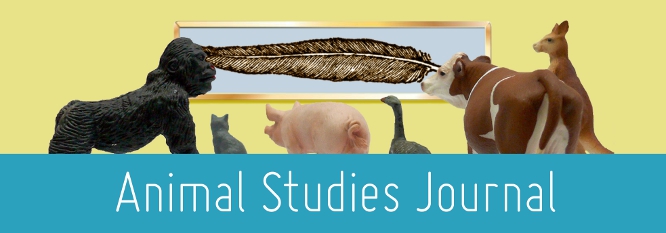Home > assh > ASJ > Vol. 7 (2018) > No. 2

Abstract
During the last hundred years, mechanization has significantly changed the working circumstances of both humans and animals in cattle husbandry. In Finland, cattle tending was regarded as women’s work up until the mid-20th century. According to a common view, the proliferation of milking machines, starting from the 1950s, caused men to start working in the cowsheds. In this paper, I will examine how the agencies of cattle tenders, cows, and milking machines were constructed during the mechanization process from the 1950s to the 1970s. Special attention will be paid to gendered representations, and changes in the gendered division of work. The main materials used in the study consist of answers received to two ethnographic questionnaires, organized in 1969 and 1992, which dealt with the mechanizing and changing agriculture. The focus is on the questions concerning the introduction of the milking machine, which were included in both questionnaires. In addition, two contemporary machine milking guidebooks will be examined. In accordance with new materialist theories and cultural studies of technology, meanings attached to gender, technology, and animals are seen as relational and intertwined. The article foregrounds agencies that are usually invisible in animal husbandry, and argues that cows participated in the domestication of milking machine technology along with humans.
Recommended Citation
Kaarlenkaski, Taija, ‘Machine Milking is More Manly than Hand Milking’: Multispecies Agencies and Gendered Practices in Finnish Cattle Tending from the 1950s to the 1970s, Animal Studies Journal, 7(2), 2018, 76-102.Available at:https://ro.uow.edu.au/asj/vol7/iss2/6
Included in
Art and Design Commons, Australian Studies Commons, Creative Writing Commons, Digital Humanities Commons, Education Commons, Feminist, Gender, and Sexuality Studies Commons, Film and Media Studies Commons, Fine Arts Commons, Philosophy Commons, Social and Behavioral Sciences Commons, Theatre and Performance Studies Commons

